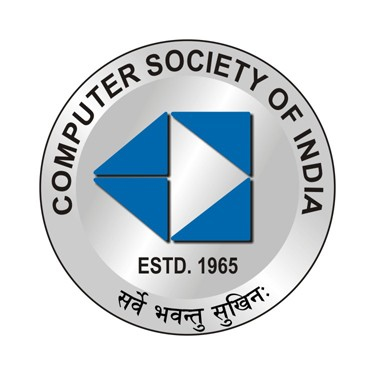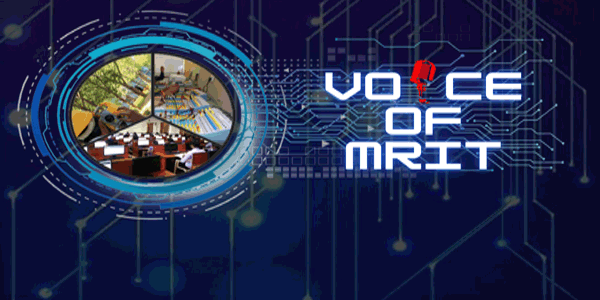Department PEO's,PO's & PSO's
Program Educational Objectives(PEOs)
|
PEO 1
|
To make graduate expertise himself/herself as effective professionals by solving real time problems using investigative and analytical skills along with the knowledge acquired in the field of Computer Science and Engineering.
|
|
PEO 2
|
Graduate to project his/her ability to adapt to a rapidly changing environment in advanced areas of Computer Science and scale new heights in their profession through innovative technologies and research.
|
|
PEO 3
|
Graduate to prove his/her ability to work and communicate effectively as a team member or leader to complete the task with a positive attitude, managing their career and their life.
|
|
PEO4
|
Graduates to adopt different roles and leads in global environment by respecting diversity, embrace the professional code of ethics in the profession while deliberately which contributes to the society at large.
|
CSE Department Program Specific Outcomes (PSOs)
- To analyze and develop software systems related to algorithms, software engineering, web technologies, data analytics, and networking to solve real world problems.
- To develop an ability to use the core concepts of computing and optimization techniques to enrich more efficient and effective computing mechanisms.
- To create an ability to use inculcates professional, social, ethical, effective communication skills and entrepreneurial practice among their holistic growth.
CSE Department Program Outcomes (POs)
- PO1: Engineering knowledge: Apply the knowledge of mathematics, science, engineering fundamentals, and an engineering specialization to the solution of complex engineering problems.
- PO2: Problem analysis: Identify, formulate, review research literature, and analyze complex engineering problems reaching substantiated conclusions using first principles of mathematics, natural sciences, and engineering sciences.
- PO3: Design/development of solutions: Design solutions for complex engineering problems and design system components or processes that meet the specified needs with appropriate consideration for the public health and safety, and the cultural, societal, and environmental considerations.
- PO4: Conduct investigations of complex problems: Use research-based knowledge and research methods including design of experiments, analysis and interpretation of data, and synthesis of the information to provide valid conclusions.
- PO5: Modern tool usage: Create, select, and apply appropriate techniques, resources, and modern engineering and IT tools including prediction and modeling to complex engineering activities with an understanding of the limitations.
- PO6: The engineer and society: Apply reasoning informed by the contextual knowledge to assess societal, health, safety, legal and cultural issues and the consequent responsibilities relevant to the professional engineering practice.
- PO7: Environment and sustainability: Understand the impact of the professional engineering solutions in societal and environmental contexts, and demonstrate the knowledge of, and need for sustainable development.
- PO8: Ethics: Apply ethical principles and commit to professional ethics and responsibilities and norms of the engineering practice.
- PO9: Individual and team work: Function effectively as an individual, and as a member or leader in diverse teams, and in multidisciplinary settings.
- PO10: Communication: Communicate effectively on complex engineering activities with the engineering community and with society at large, such as, being able to comprehend and write effective reports and design documentation, make effective presentations, and give and receive clear instructions.
- PO11: Project management and finance: Demonstrate knowledge and understanding of the engineering and management principles and apply these to one’s own work, as a member and leader in a team, to manage projects and in multidisciplinary environments.
- PO12: Life-long learning: Recognize the need for, and have the preparation and ability to engage in independent and life-long learning in the broadest context of technological change.















